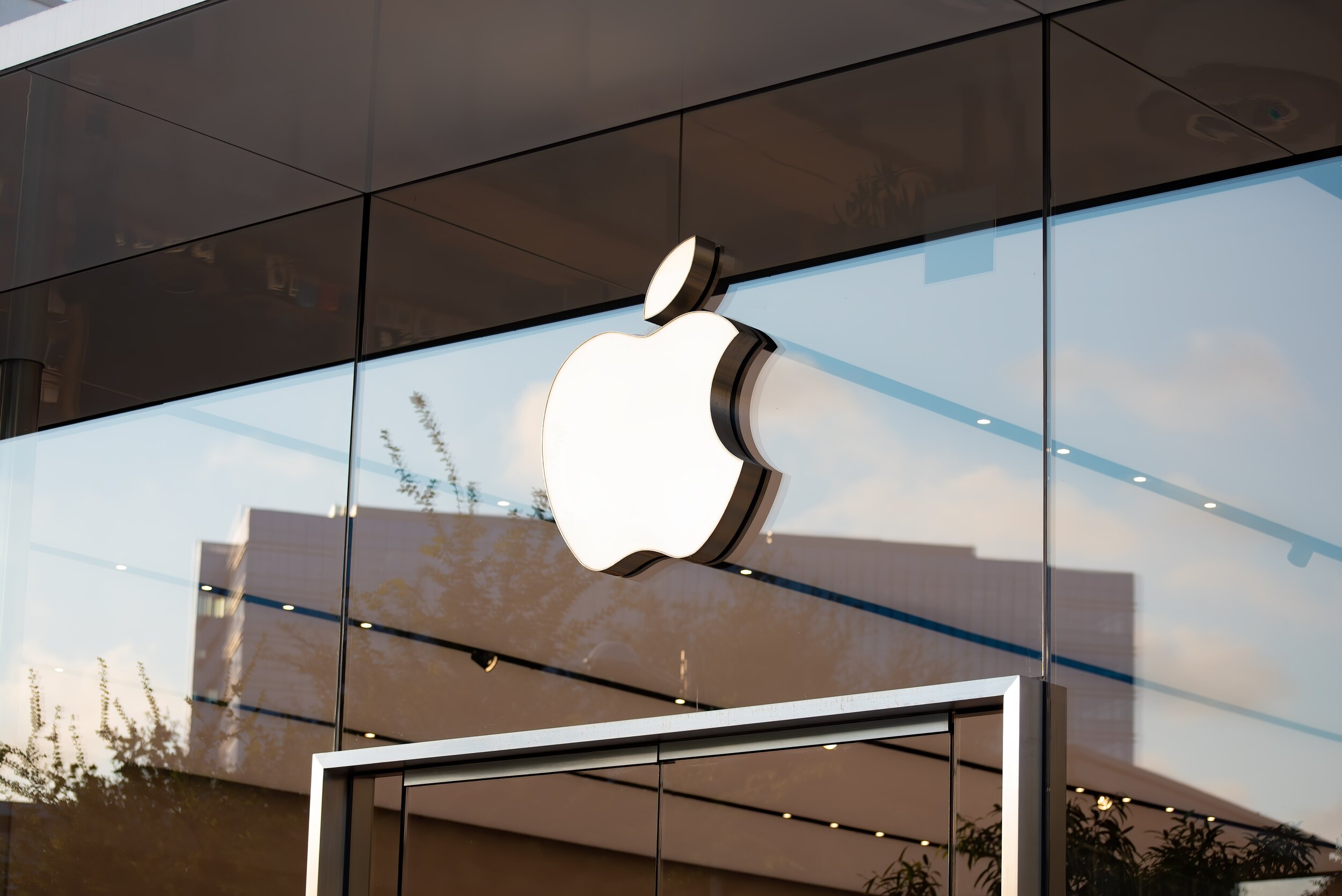The Revolution Against Apple
Over the past few months, Apple’s executives have faced intense scrutiny from European regulators and the Department of Justice over antitrust concerns, driven primarily by the fixed 30% commission that the tech giant charges on all transactions through its App Store. In June, many large companies such as Spotify, Match Group – the owner of Tinder and Hinge, and software company Basecamp publicly criticized Apple’s App Store rules. On July 29th, the chief executive officers of Google, Amazon, Apple, and Facebook appeared in front of Congress to defend their business practices, arguing that they do not harm consumers and companies by inhibiting competition. Just two weeks later, on August 13th, Apple and Google removed Epic Games’ incredibly popular battle royale game Fortnite, prompted by Epic’s introduction of a direct payment system that circumvents the mandatory 30% app store commission.
On Android systems, users can download games from a variety of different sources and thus are still able to install and play Fortnite, making Google’s removal of the game from its Play Store more symbolic than anything. However, Apple’s users do not have the same luxury, as downloads are limited to their App Store – hence the significance of the removal. A study by Sensor Tower found that Fortnite has been installed over 133 million times and generated approximately $1.2 billion in spending on the App Store, a sizeable chunk of revenue for Epic Games. At the same time, having access to the game is a reason why many consumers choose to purchase Apple products, and with the launch of the company’s latest devices coming up in the fall, buyers may think twice when looking at the steep price tags without access to Epic Games content. Both companies clearly benefit strongly from their symbiotic relationship, so the longer this feud continues and the more money each spends defending its positions, the more losses will pile up.
Epic retaliated to the removal almost instantly with a two-pronged strategy which seems to have been months in the making: first, they filed a federal lawsuit accusing Apple of violating antitrust laws by forcing app creators to use its platform; next, they launched a large public-relations campaign portraying Apple as the totalitarian leaders in George Orwell’s Nineteen Eighty-Four. While the latter may seem strange, Apple released an infamous advertisement during the 1984 Superbowl demonstrating its own fight against IBM and promoting the first Macintosh – giving Epic Games an opportunity to mimic the commercial and demonstrate the irony of Apple’s market position today. The campaign certainly received public attention as the slogan of #FreeFortnite became the leading trend on Twitter just hours after launch.
While the lawsuit may seem insignificant at first glance compared to inquiries by various government agencies, it is arguably one of the most difficult Apple has had to deal with to date. Not only are Epic’s games popular, but they play a very important role in the iPhone maker’s app development ecosystem. Their Unreal Engine game engine is one of the most commonly used by over 11,000 developers globally, and it is seen as the biggest competitor to Unity’s – a software firm which went public on the NYSE on September 18th. Banning the game development toolkit could disrupt the production process for countless applications and give Unity a monopoly in the game engine space. Moreover, the filing motivated other companies to take a stand and fight for a reduction in commission percentage for App Store sales. On September 24th, a group of 13 companies including those mentioned earlier – Epic, Spotify, Match Group, and Basecamp – formed an alliance coined the Coalition for App Fairness. The non-profit group’s purpose is to advocate for legal and regulatory changes in how companies operate app stores, with member company Tile’s vice president stating that “Apple leverages its platform to give its own services an unfair advantage over competitors”.
Apple argues that its app store commission is warranted given its market share, what other similar stores charge, and the high-quality privacy and security services they provide. While the company has historically not given much ground to such antitrust claims, the grouping of major players in the app marketplace may be enough to make even the largest company in the world budge – the day after the coalition was formed, Apple made a slight concession. The firm announced that until the end of the calendar year, they would pause their 30% commission policy on paid experiences and events through mobile apps. Competitors instantly jumped on the concession asking for more, with Facebook delaying fees from paid online events through August 2021. Interestingly, Apple’s policy does not implement its charge on businesses which sell physical goods like clothing and those that offer booking services like Airbnb.
Although this quick back-and-forth may seem like petty bickering, the implications for the mobile application marketplace are massive. For over a decade, Google and Apple have been the key mobile marketplace players, and their monopoly on the space has given them power to charge any commission they want – if Apple relinquishes this fee for Epic, they are setting a dangerous precedent for thousands of developers to leverage going forward. Compounding the issue, if the federal court rules against Apple in the official antitrust case, the company may be legally obliged to renounce this power and lose an increasingly important revenue stream. Furthermore, the largest computer gaming distribution platform, Steam, is believed to charge a 30% commission on their sales as well. Will the Apple debacle encourage computer game developers to petition for lower fees? While we have no way of knowing how the situation will play out, it will certainly impact many billions of dollars in cash flow going forward and pave the future for developer-marketplace relations.

